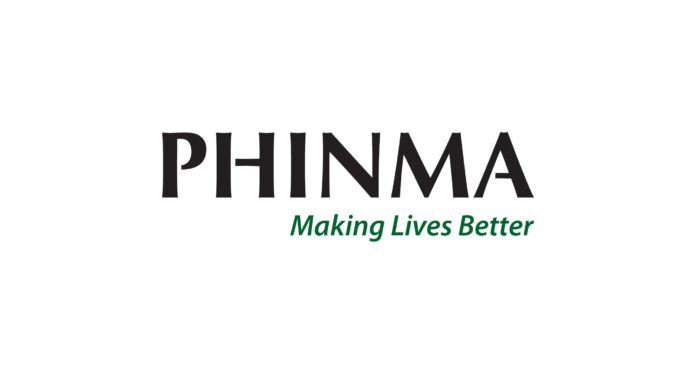Conglomerate Phinma Corp. has put off the already delayed listing of Phinma Education Holdings Inc. (PEHI) by another five years.
Chito Salazar, Phinma Education president, said the deferment coincided with the planned exit of its partner, Phoenix Investments II Pte. Ltd. managed by the KKR Group.
According to Salazar, the agreement was for the KKR to exit PEHI in five or seven years following an initial public offering (IPO) of the shares or the entry of another strategic investor. Prospects for both, Salazar said, are unclear at present.
“Maybe we’ll look for a long-term strategic investor but right now there’s none. We’ll think about it three to five years from now,” Salazar said.
Salazar said even prior to the entry of the KKR Group and Rise Edu Pte. Ltd., an investment vehicle managed by education-focused private equity fund Kaizenvest (Kaizenvest III), Phinma Education has been preparing the ground for an IPO.
“There was strong interest from private equity firms as we were considering the IPO, so we chose that route,” he said.
The KKR group and Kaizenvest III acquired stakes at Phinma Education in May this year in exchange for a capital infusion of P4.5 billion.
These were Phinma Education shares directly or indirectly owned by the Asian Development Bank, the Nederlandse Financierings- Maatschappij voor Ontwikkelingslanden N.V. (FMO), and Kaizen Private Equity II Pte. Ltd. (Kaizenvest II).
The transaction gave KKR a 30.67 percent stake and Kaizenvest III another 3.73 percent interest in Phinma Education and three board seats.
Phinma owns nine schools in the Philippines and manages one in Indonesia, with plans to expand operations in both.
In school year 2023-2024, Phinma reported an 18 percent increase in enrollment arising from a 26 percent consolidated revenue increase of P5.69 billion. The Phinma network of schools boasts of an 84-percent board exam passing rate.
“We pride ourselves on meeting our students where they are and taking them to where they want and deserve to be. These results are especially impressive when we consider that only 3 percent of our low-income students and 15 percent of our middle-income students come to us ready for college,” Francis Larios, Phinma Education chief learning officer, said.







